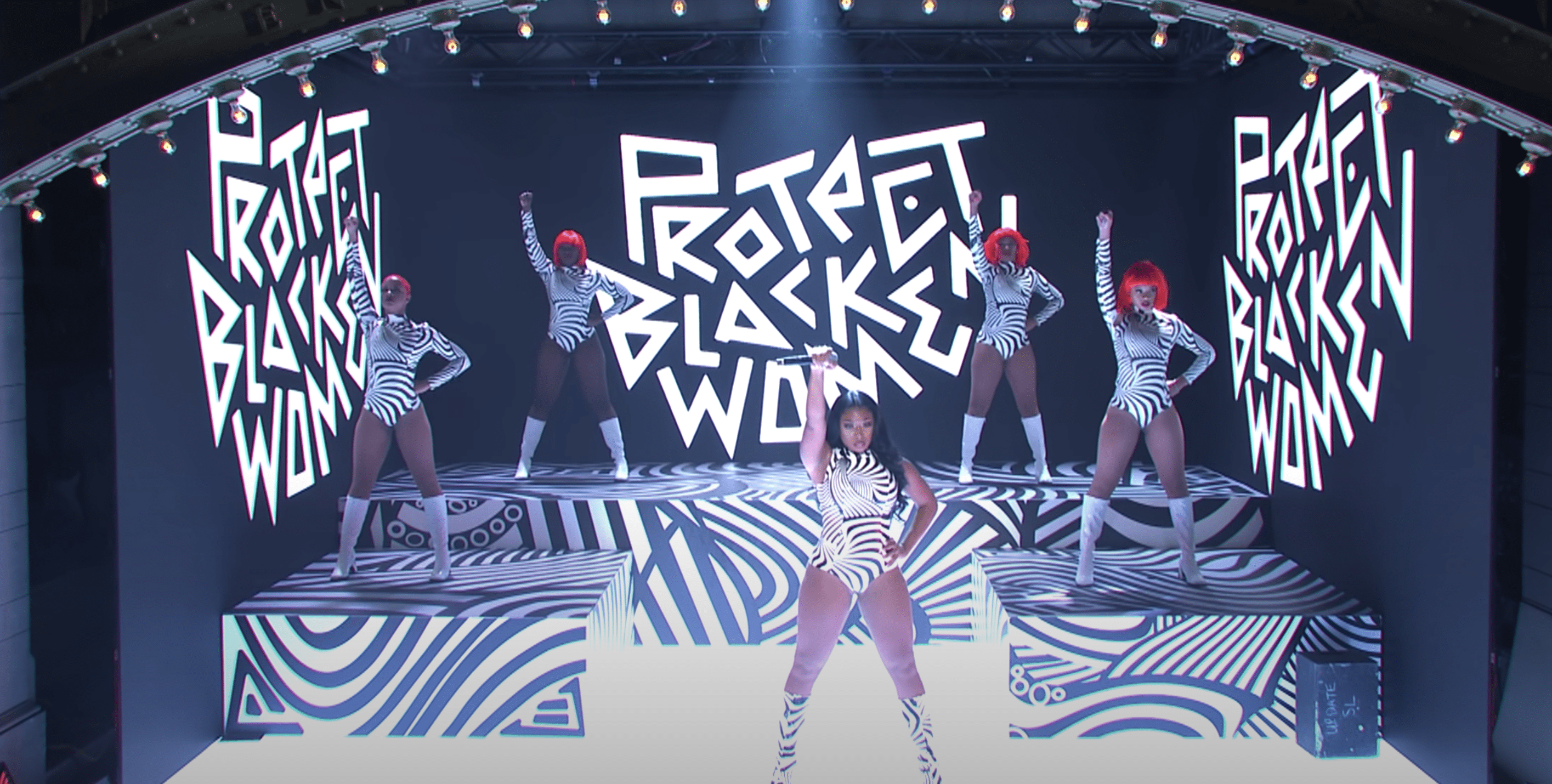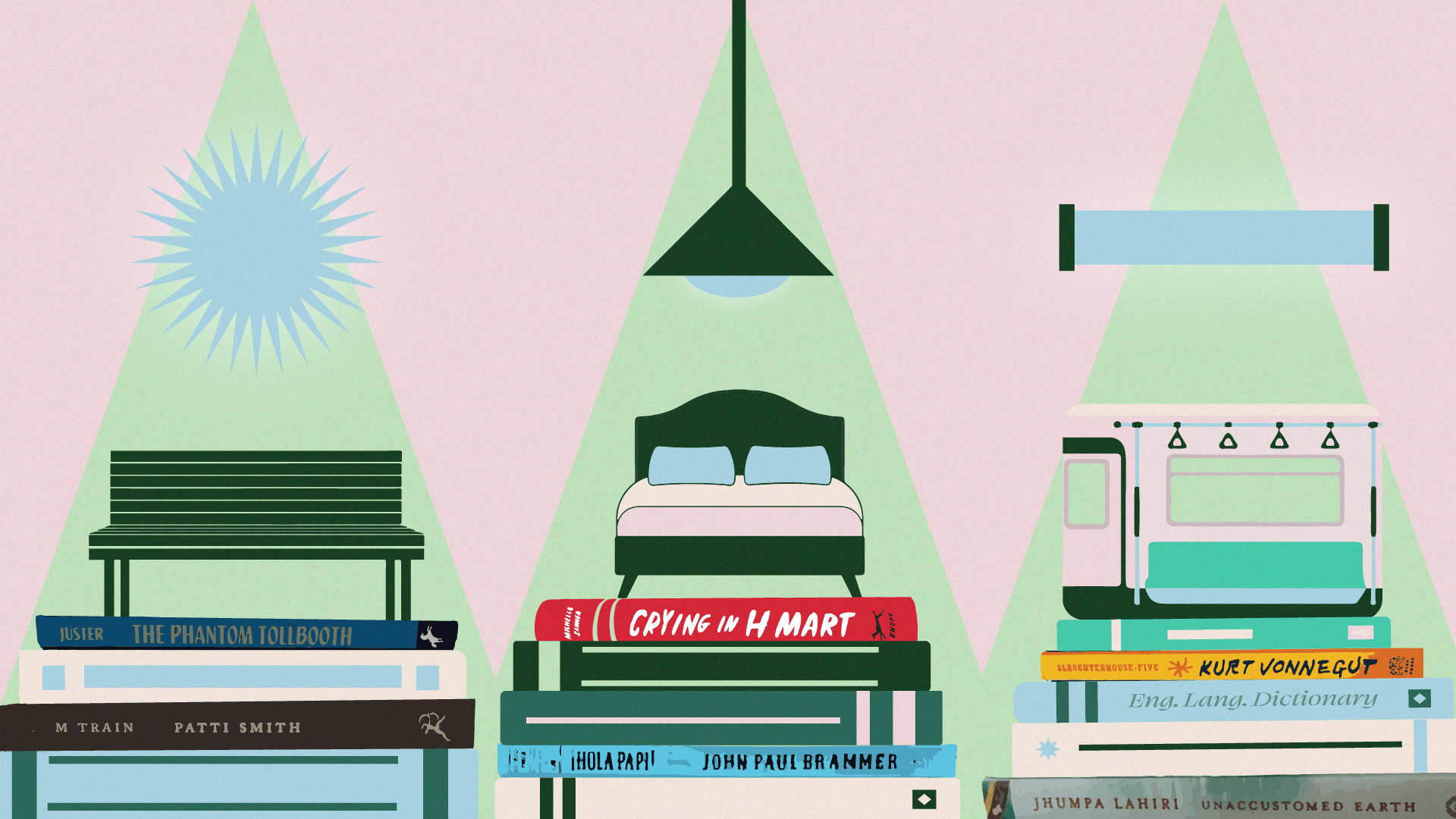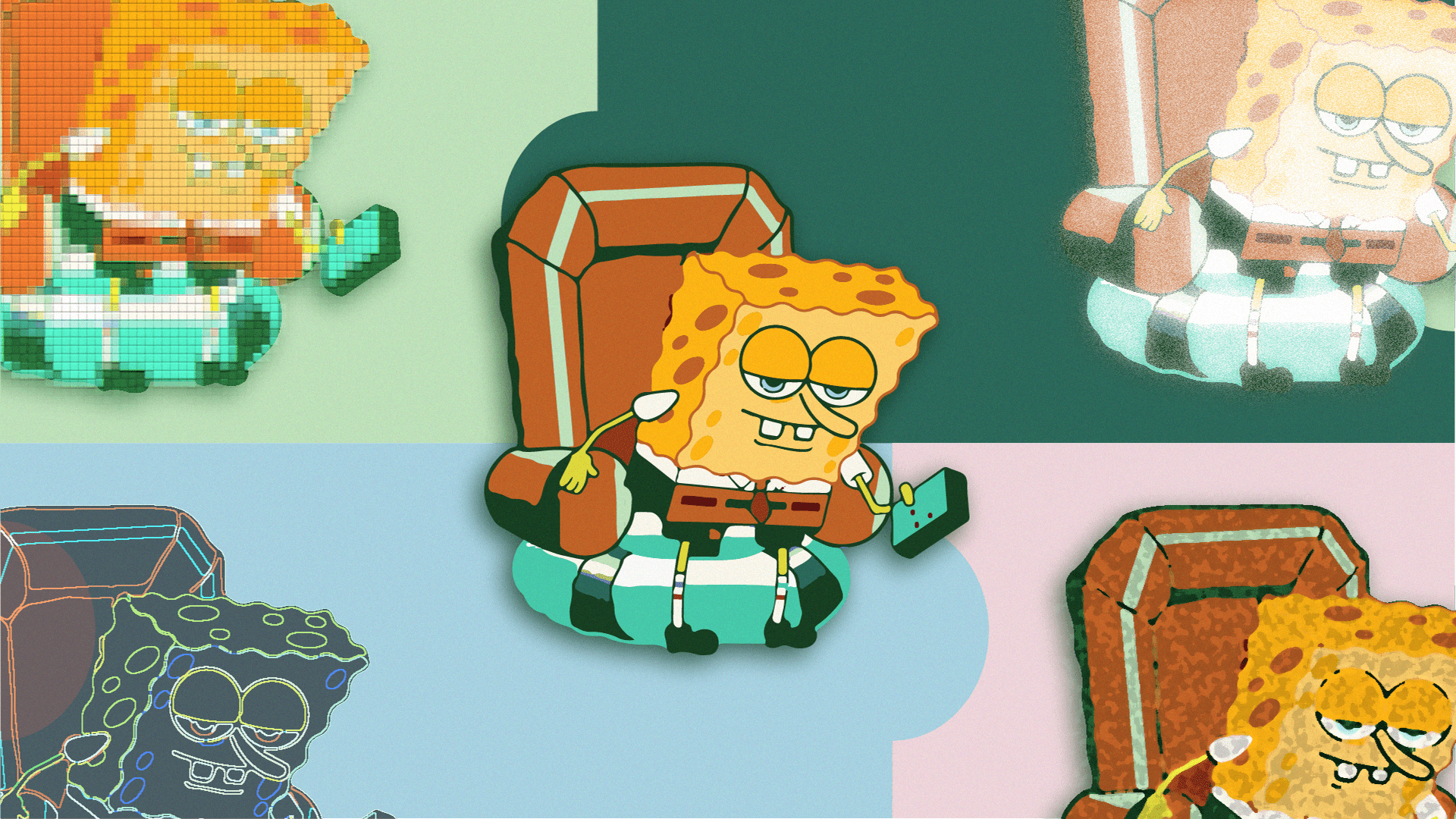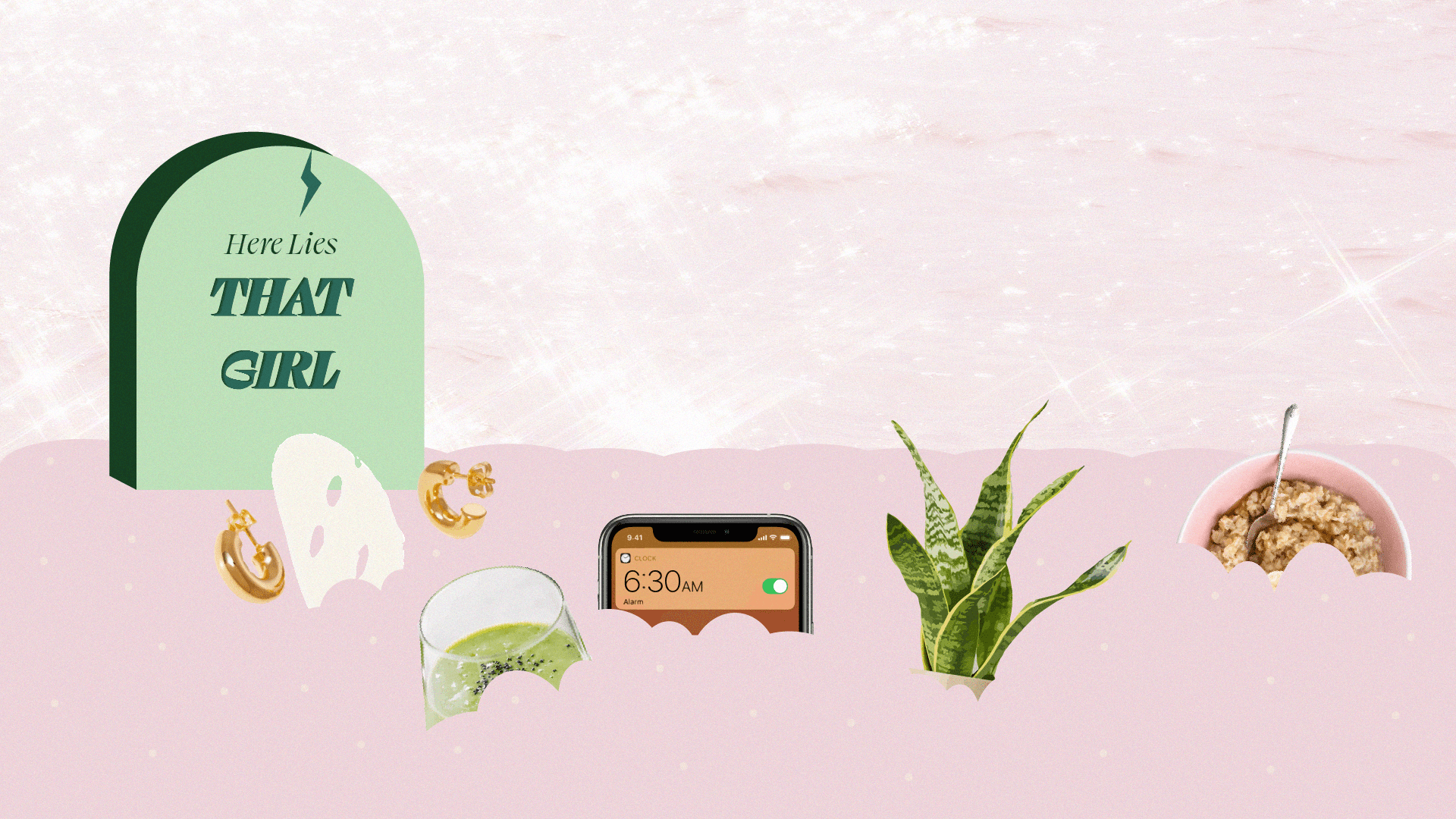
Black Women Are Used As Tools, Not Loved As People
The continual public disrespect of Black women indicates little progress.
Art is meant to reflect the times. Just this past weekend, Megan Thee Stallion performed her hit song “Savage” on Saturday Night Live. The performance had an interlude where gunshots’ blasts rang through the SNL studio right as gunshot images were plastered on the main set. This led to a presentation of recordings from two prominent Black activists about the treatment of Black women. One recording shared activist Tamika Mallory’s condemnation of Kentucky Attorney General Daniel Cameron for his decision to not charge any police officers for the death of Breonna Taylor. Mallory declared, “Daniel Cameron is no different than the sellout negroes that sold our people into slavery by savages.” Through this interlude, Megan addressed the connection between her and Breonna Taylor’s plights through set design and spoken word alike. The recent news about Breonna Taylor’s criminal case and rapper Tory Lanez’s attack on Megan Thee Stallion indicates that various sectors of society consistently disregard, harm, and exploit Black women, especially the criminal justice system and the entertainment industry.
After the State of Kentucky gave a civil settlement of $12 million to Taylor’s family last month, the state concluded in their criminal case that only one of three officers involved in Taylor’s death would be charged with wanton endangerment. Less than 48 hours after Cameron announced the results of Taylor’s criminal case, Lanez announced the promotion of his new album in response to fellow rapper Megan Thee Stallion stating publicly that Lanez had shot her. Both injustices are unacceptable but sadly, are inextricably connected.
Both the criminal justice and entertainment industries have consistently embraced the Jezebel stereotype — an alluring manipulator — and the strong Black woman stereotype to continually gain power. They prefer to frame Black women as sexual temptresses and functional mules to guarantee future positive prospects for their beneficiaries. In media, TV and film depictions ranging from Mammy in Gone with the Wind to Pam from Martin, the entertainment industry clearly demonstrates how phenotypically obvious Black women are seen as burdensome at best. In criminal courts, judges consistently indict and convict Black women disproportionately compared to white women, with a lifetime likelihood of going to prison being one in 19 for Black women versus one in 118 for white women. These trends are unacceptable.
The disregard of Black women within the United States starts with America’s history. Slave owners forced Black women to play or be framed into different roles for the benefit of white people. A Black female slave would be expected to be strong and take on whatever responsibilities her owner gave her without a hitch. Thus, the Mammy stereotype began. In the same breath, a slave master could rape a Black female slave without fear of retribution and hide the possible offspring that followed, all under the guise of blaming the slave for being attractive to them. As a result, institutions in a variety of sectors have continued to systematically dehumanize and hypersexualize Black women.
The “Mammy” caretaker role forced on Black women during slavery has not dissipated, but instead evolved. It has become the strong Black woman stereotype that authorities use to treat Black women as people present to take on the disrespect and burden of others without restraint. Within the Jezebel stereotype, institutions frame Black women as untrustworthy sexual beings always trying to tempt the men around them and cause disarray. Authorities and media work hand in hand to uphold the stereotypes of the strong Black woman and the Jezebel for their benefit.
A huge culture shaper, the hip hop music industry, has treated Megan Thee Stallion like a Jezebel. The rapper has been celebrated for embracing her sexuality within her art. It has proved to be profitable, as Megan obtained a #1 on the Billboard Hot 100 with the remix of her song, “Savage.” Megan seemed to continually be on the up-and-up within the music industry with no end in sight, when she was suddenly allegedly attacked in July of 2020. Lanez allegedly shot Megan in the foot shortly after the two attended an event with celebrity Kylie Jenner in late July. When the shooting was initially announced, no suspected shooter was named. A month passed from the time of the incident, and little to no hip hop authorities addressed the issue. Meanwhile, Lanez’s management team allegedly spread rumors stating that Megan Thee Stallion had lied about the incident occurring. The rumors escalated to a point where Megan had to explain herself on her social media platforms and make clear that Lanez had allegedly shot her. And this was all happening while Megan secured her second #1 song, “WAP.” Megan is bringing hip hop to new heights with her artistic expression. Meanwhile, her male peers attack and gaslight her, with few coming to her defense but all experiencing the perks of her commercial success. The hip hop industry sees Megan Thee Stallion as untrustworthy when speaking about her humanity, yet consumable when speaking about her sexuality.
These stereotypes can be interchanged and applied to both injustices. Megan Thee Stallion is known for embracing sexuality in a way that throws the Jezebel stereotype back in racists’ faces. Yet while Lanez’s management team was spreading rumors about her, Megan refused to speak about the occurrences of the night until she was demonized and had to protect herself. Megan was expected to be a strong Black woman and as a result, was not protected, even as she was protecting her alleged abuser. Police charged into the home of Breonna Taylor to search for drugs, even though the person being investigated for selling drugs was a past boyfriend of Taylor’s that she was estranged from. Louisville police saw Taylor as questionable before even meeting her, and the state decided that Taylor’s sexuality alone, tangibly expressed through a past dating relationship, deserved a conviction of death. It is clear that society consistently puts Black women in a bind, at no fault to Black women themselves.
It depresses me that the criminal justice system and entertainment industry alike are still embracing these stereotypes. The State of Kentucky treated Taylor like a strong Black woman. Taylor was sleeping in her home with her boyfriend when people the couple had no clue about burst in their home after knocking once. Her boyfriend, thinking immediately of defending himself, started shooting at what turned out to be police officers. The police officers involved, Brett Hankison, Jonathan Mattingly, and Myles Cosgrove, shot back at Taylor’s boyfriend, and one officer’s bullets killed Taylor herself after less than one minute. Yet the State of Kentucky did not charge any of the officers in relation to her death. Taylor and her boyfriend were expected to handle a knock-and-announce warrant invasion during nighttime with poise, without even hearing the announcement the police allegedly gave. In the same way, Megan the Stallion was expected to not publicly share who shot her. Black women are expected to swallow their fears and righteous anger to benefit systems that were never created to serve them. That is why Megan is using her platform today to make clear she won’t carry that burden anymore.
This phrase is cliché, but it is that for a reason: something has to change. When will the criminal justice system decide to value Black women? When will the entertainment industry decide to respect Black women? How many more deaths are necessary? How many more near-death experiences are necessary? I do not care about diversity task force announcements or inclusion buzz words within company values or t-shirts with police brutality victims’ slogans on them, if all of these performative declarations are not partnered with effective, tangible action. Start actually valuing Black women. Today. Our lives depend on it.


